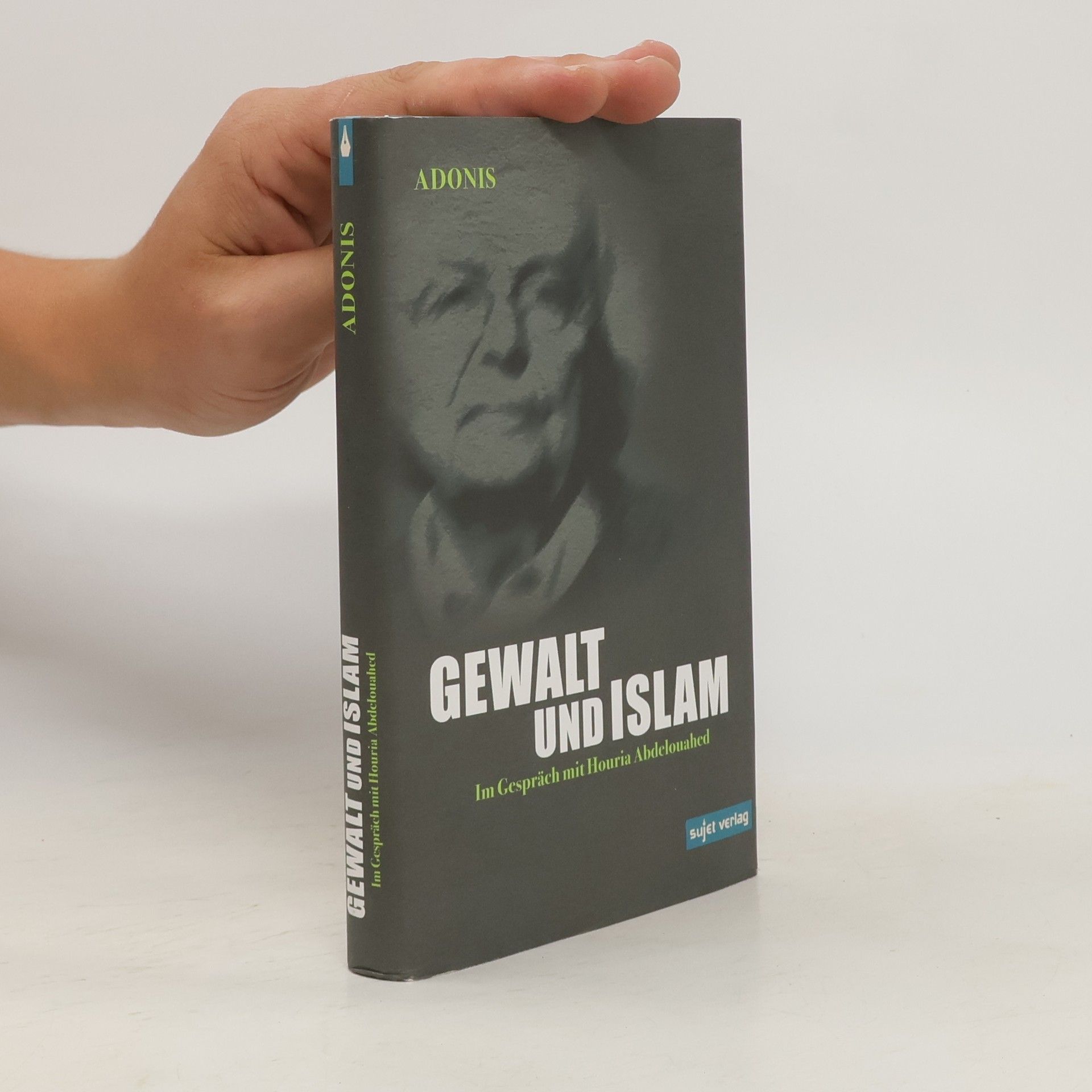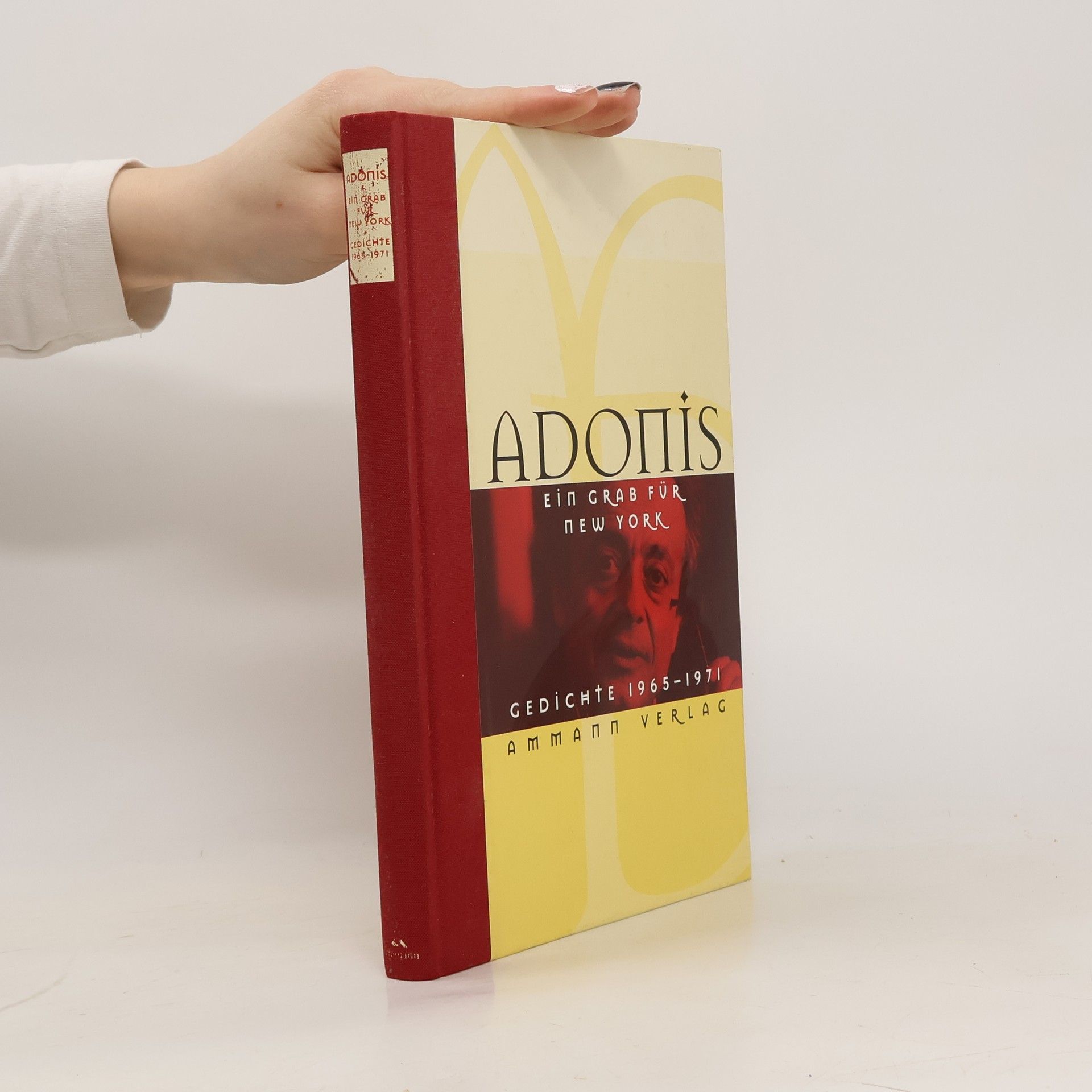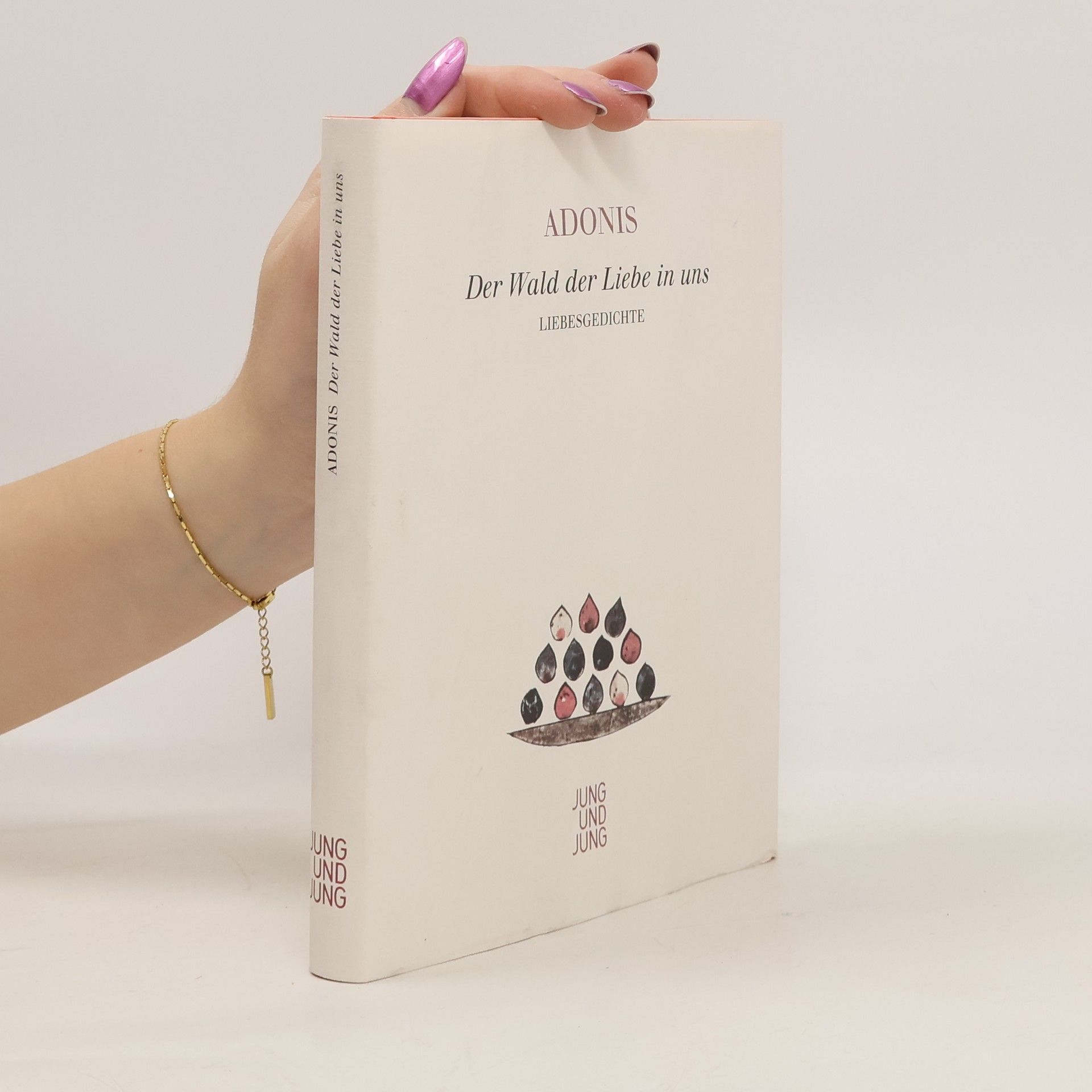Prophecy and Power
- 240 stránok
- 9 hodin čítania
Heralded as the greatest living Arab poet, Syrian-born Adonis is also a staunch critic of violence and despotism in the Islamic world. In this book Adonis explores the nature of political power in Islam by focusing on the figure of the prophet Mohammed as both a political and a mythical leader. In conversation with Houria Abdelouahed, he examines the Qu’ranic intervention in establishing the prophet’s power, especially when the text is read based on faith and not reason. The authors discuss the historical developments before and after the prophet’s death which established the power of the Caliph or the leader as absolute. The second part of the book examines the consequences of these developments in the Arab and Islamic world today, where this ‘tyrannical’ understanding of power continues to hold sway. In chapters on women, the notion of love and the relationship between East and West, they examine the ways in which this notion of power operates in the Arab and Islamic world as well as how it continues to inform the Muslim world’s relationship to and interaction with others. The authors conclude with a call for secularism in the Arab world and a passionate plea for the separation of religion from the political, legal and social spheres. Building on the earlier volume Violence and Islam, this new book by one of the greatest literary figures in the world today will be of interest to a wide general readership.



